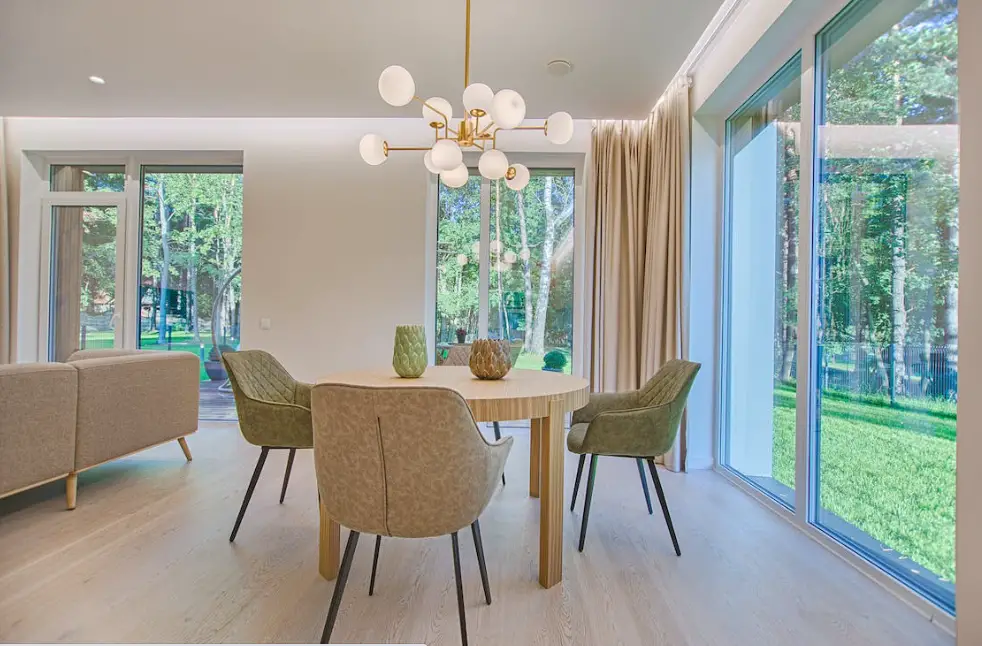You’re planning to buy your dream home. Perhaps you’re already saving for the down payment as you also seek a mortgage. And, now, it’s just hit you that you need to start thinking about what you want to home to look like.
You’re not alone. All first-time buyers contend with a lot of questions flying across their minds. Where should I buy? When should I buy? How big should it be? What’s a good budget? These are just some of the questions you’ll deal with between now and the time you finally have the keys in your hands.
We’ve summarized ten of the most important factors when buying your dream home to help you make an informed decision and prevent future regrets.
10 Most Important Factors Before You Buy
1. Location
You’ve likely heard the saying, “real estate is about location, location, location.” It’s not a joke. Where you buy the house has a massive impact on your happiness, the value of the property, your safety, and many other issues. So, you must get this one right. If you can find the right location, you’ve secured a very good life for yourself and your family.
2. Neighborhood
Neighborhood and location are almost the same things. However, the neighborhood is more about the people within the location. How are the people like? Are they friendly people? Are they relatable? Is it a generally religious neighborhood? These are just some of the questions you want to ask. For instance, if you’re a staunch Christian, it may be more beneficial to live in a predominantly Christian neighborhood.
3. Size
Although size is primarily determined by your budget, you have the final say on how big a home you want. Remember that you can always get a bigger mortgage if the lot is bigger than your original plans. Or you can save a few more months to cover the extra cost. This is a much better plan than trying to fit a large family in a small house.
Small vs. big house4. Features
You’ve probably been waiting for this point. Your dream house must have the majority of the features you’ve always dreamed about. Why? Because a dream home is more about fulfilling wishes than meeting needs. It’s about feeling that you’re finally reaping the rewards of your hard labor. So, don’t over-compromise. If you’ve always wanted a home with s swimming pool, get one. If your dream is an open kitchen, try to find a home with one.
5. Number of bedrooms
Most families want at least two bedrooms. Indeed, the average American family owns a two-bedroom house. However, you may need more bedrooms as the family grows. Even if a few kids share a bedroom, you may want separate bedrooms for the boys and girls for privacy reasons, especially as they grow up. An extra bedroom for guests may also prove valuable. Also, consider whether you want an en-suite master bedroom.

6. Number of bathrooms
Another critical consideration is the number of bathrooms. While older homes only have one bathroom, it’s not very easy to share a single bathroom among four or more family members. Some people also find it more decent to have a separate bathroom for the kids. The type of bathrooms is also vital. Do you want showers or a tub? What about style? Modern or traditional?
7. Schools and colleges
If you have or hope to have kids one day, it’s important to buy a home in a location with great schools and colleges. It’s a great way to invest in your kids. Moreover, homes located around high-performing public schools and colleges tend to maintain or increase their values even when markets dip. They also rent quickly and rarely remain vacant.
8. Infrastructure
How do you get to work once you move into your new home? Are the roads in good shape? Or is the area located near a train station? What about the kids? How do they go to school? Is public transportation good? Good infrastructure also means easy access to water, electricity, and other public amenities such as telephone and internet connectivity.
9. Age of the house
Here, your choice will depend on your plans. If you’re prepared to renovate, a slightly older property would be fine. However, if a renovation isn’t on your mind, you want to buy a relatively new house. In both cases, you need an inspection to determine the true age of the house and unearth any underlying issues. This can be especially useful if you’re buying an older home to renovate.
Modern home design: a focus on the millennials10. Price
Finally, every home has a price. You must know that sometimes you may not get everything you want in a house within your budget. You must also accept that some homes are out of your price range. To avoid wasting time, try to focus on properties within your budget. The idea is to get the best deal within your budget.
Don’t Feel Pressured
The biggest advice, however, is to avoid any form of pressure. You don’t have to buy a home immediately. As they say, tomorrow is another day. If you’re not ready now, you can always wait one or two more years.






